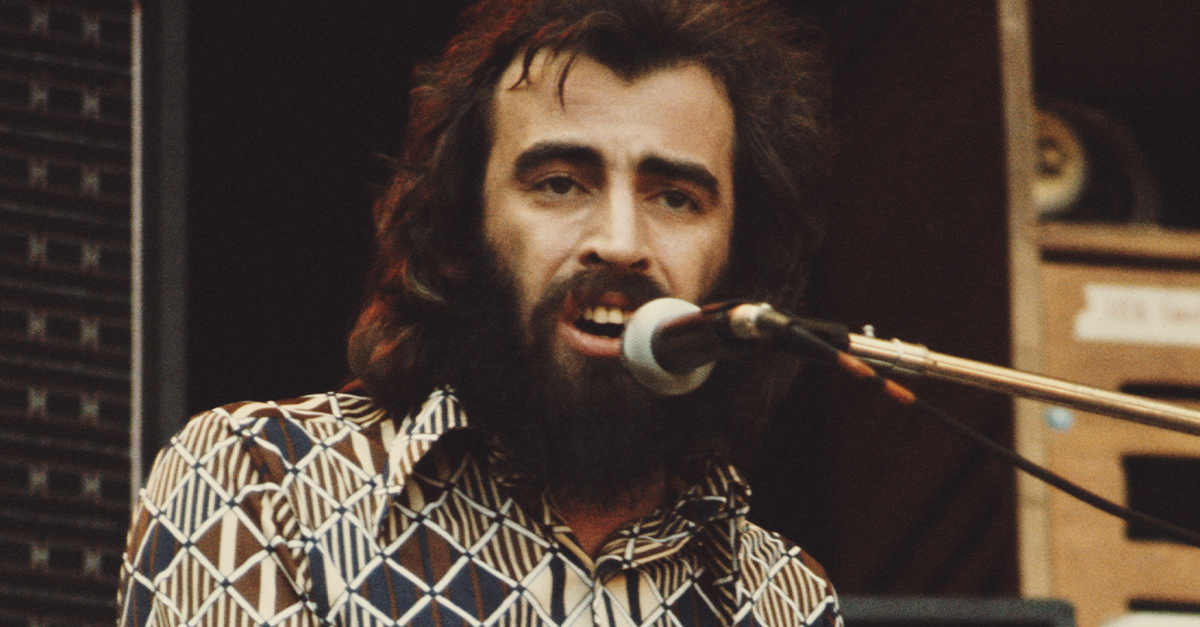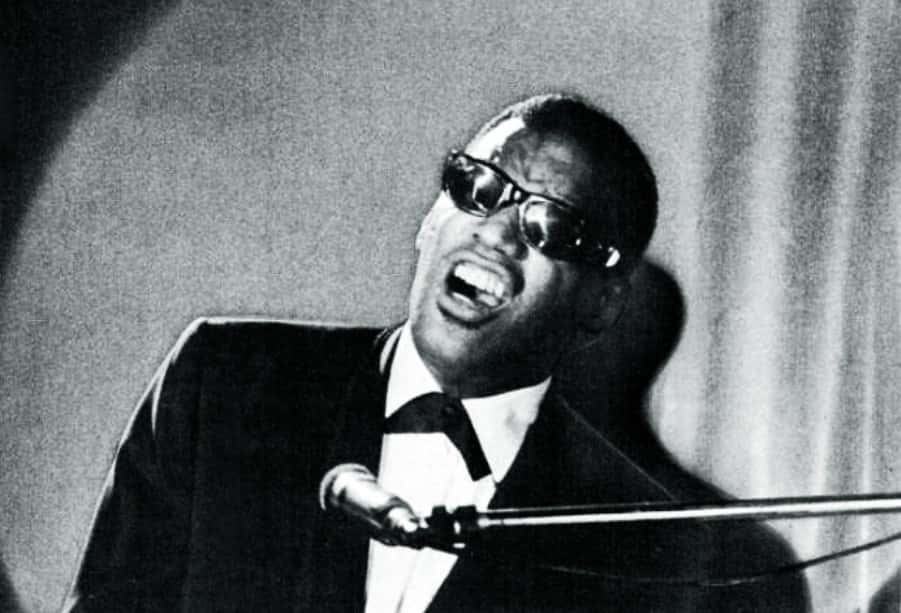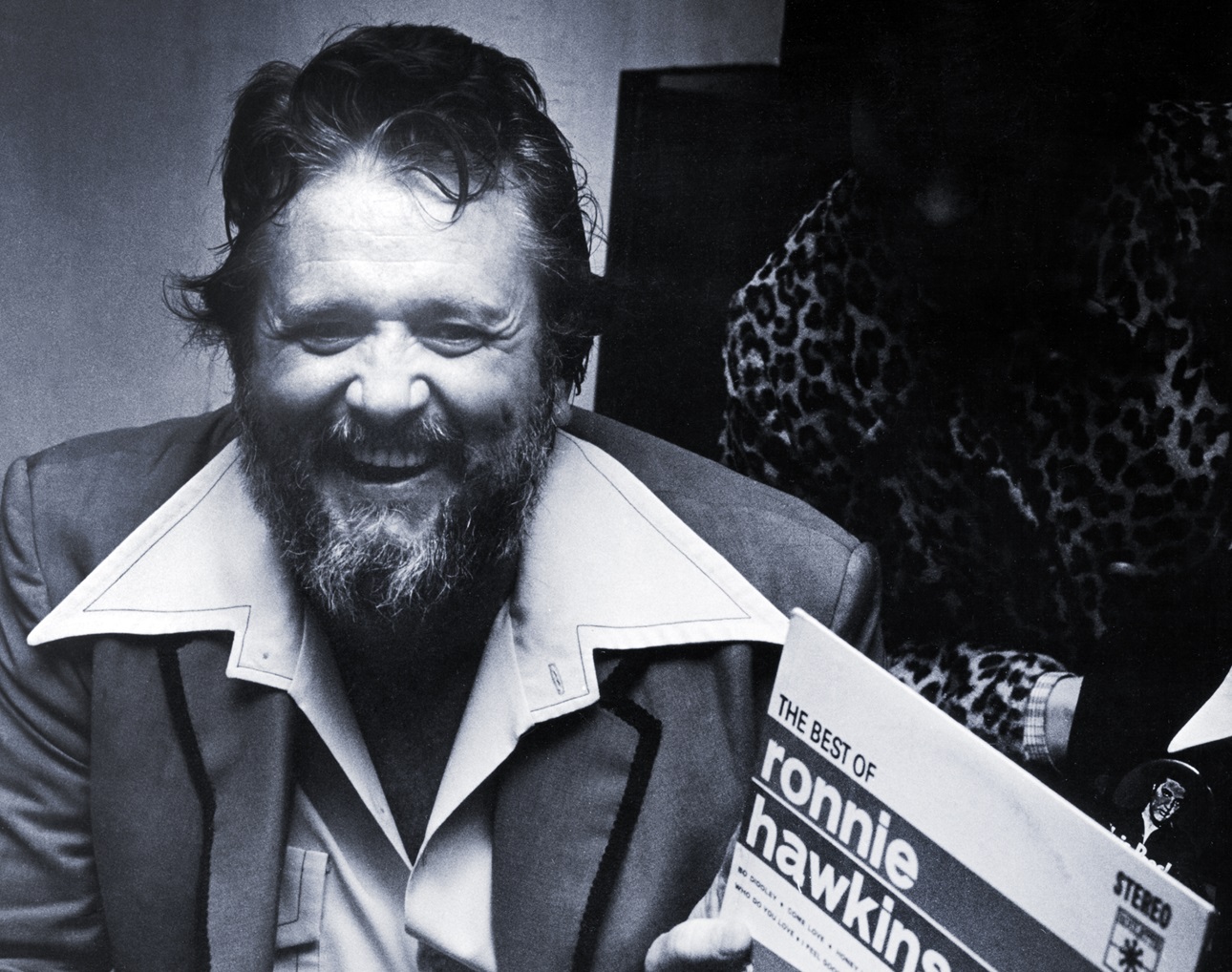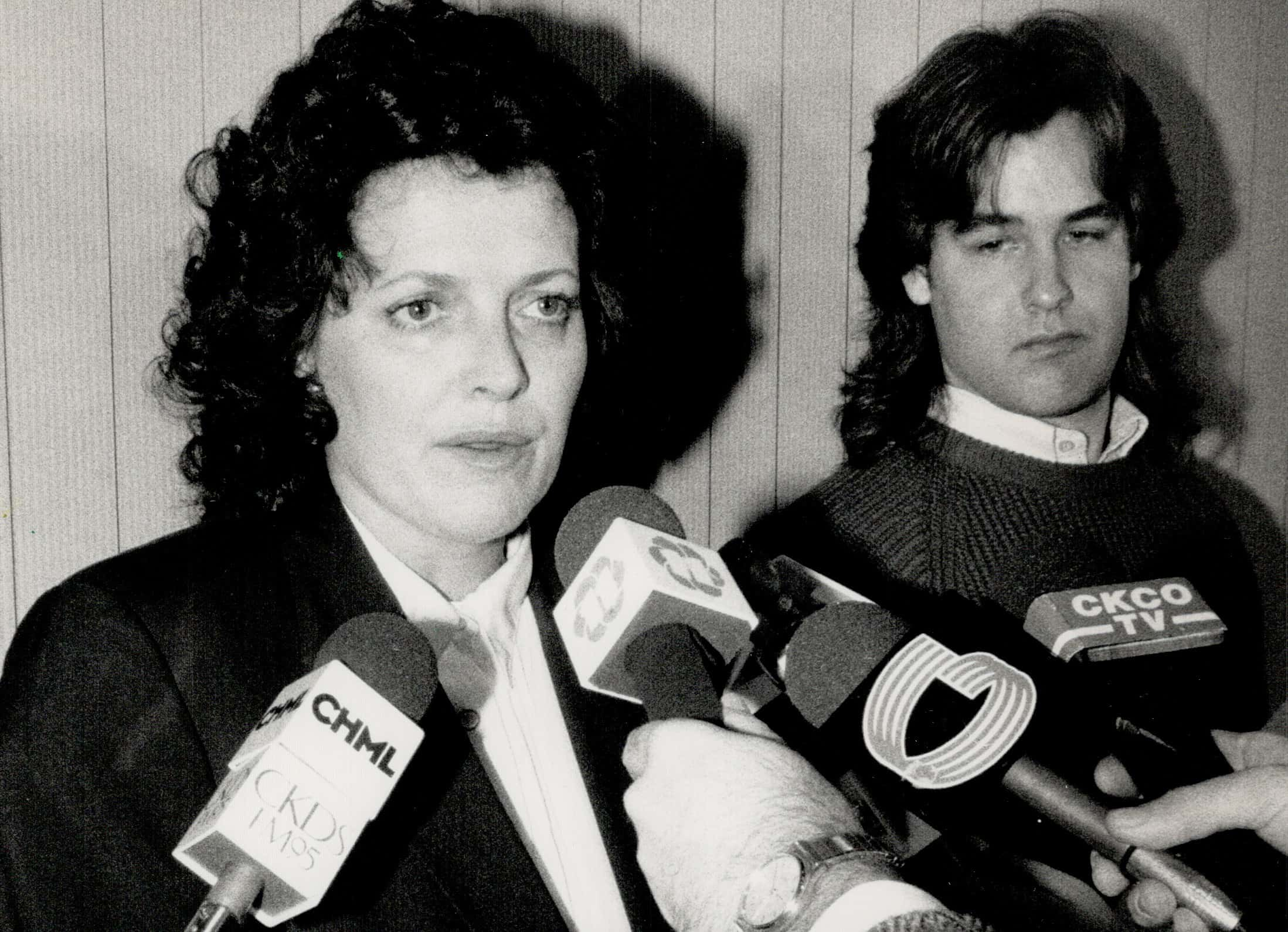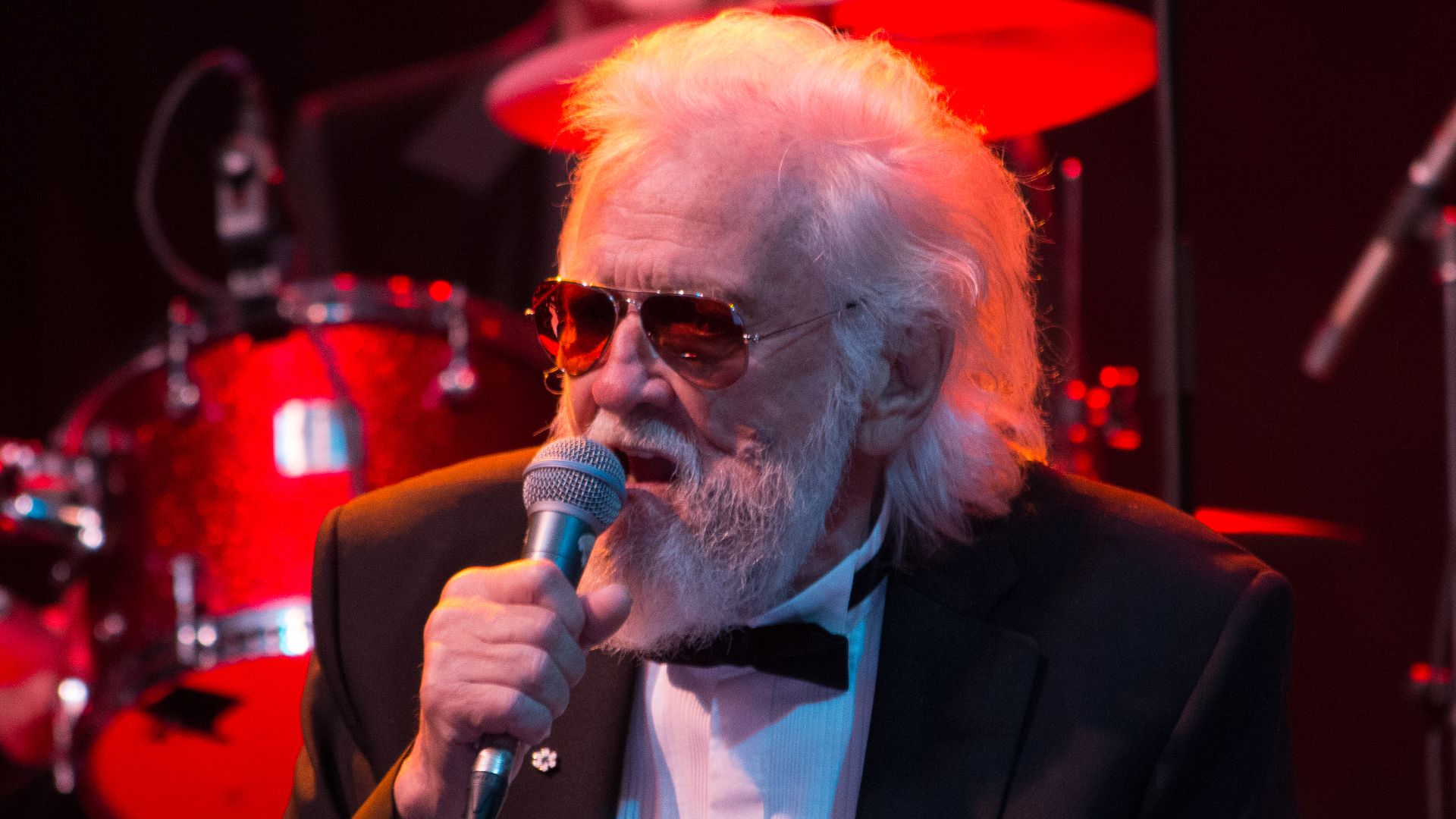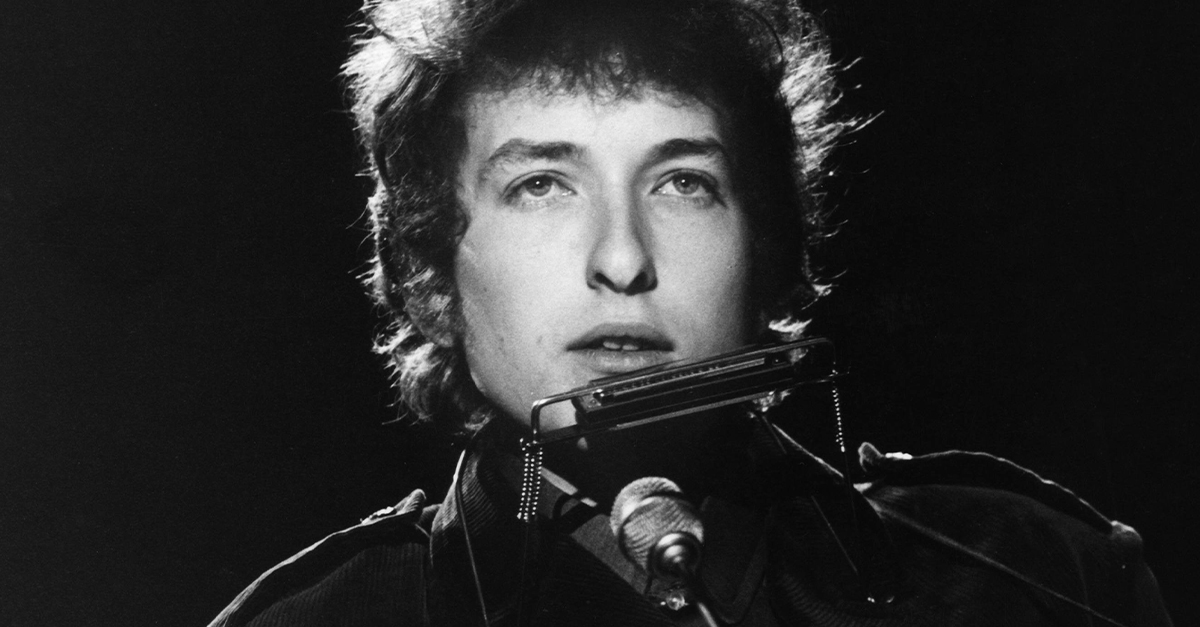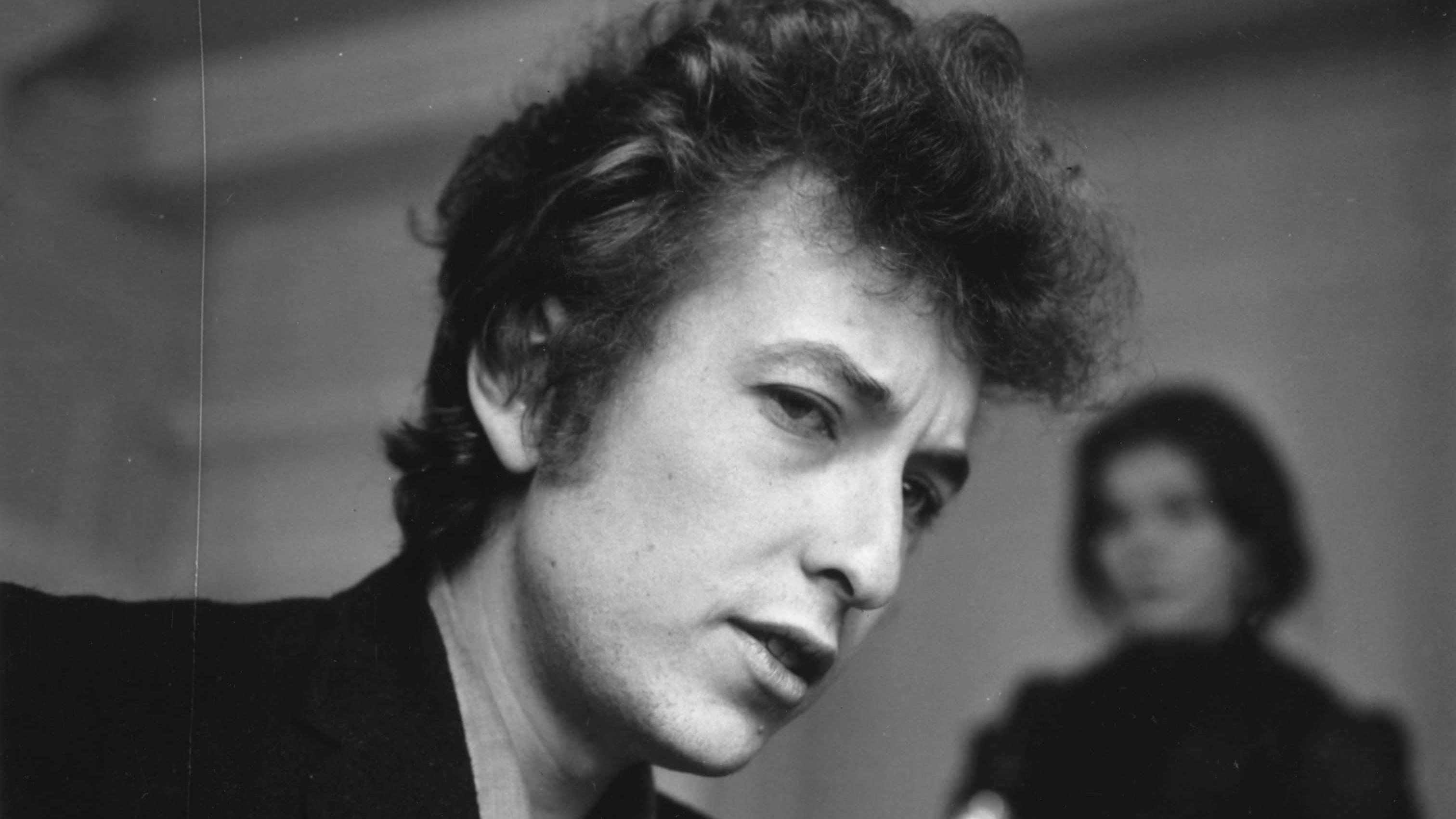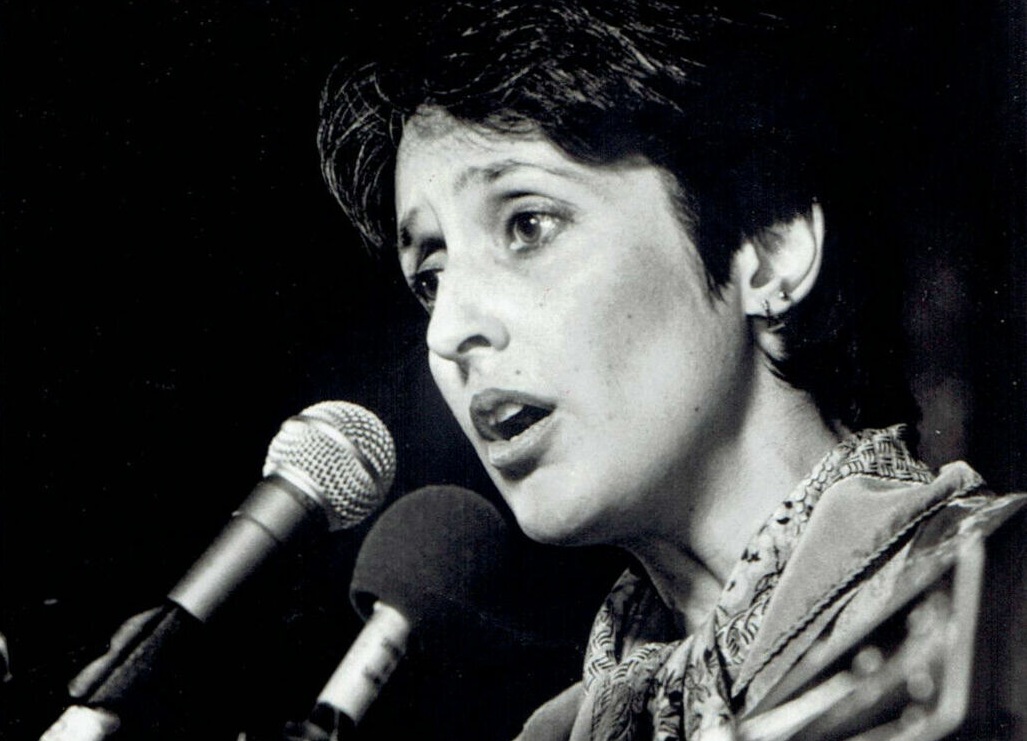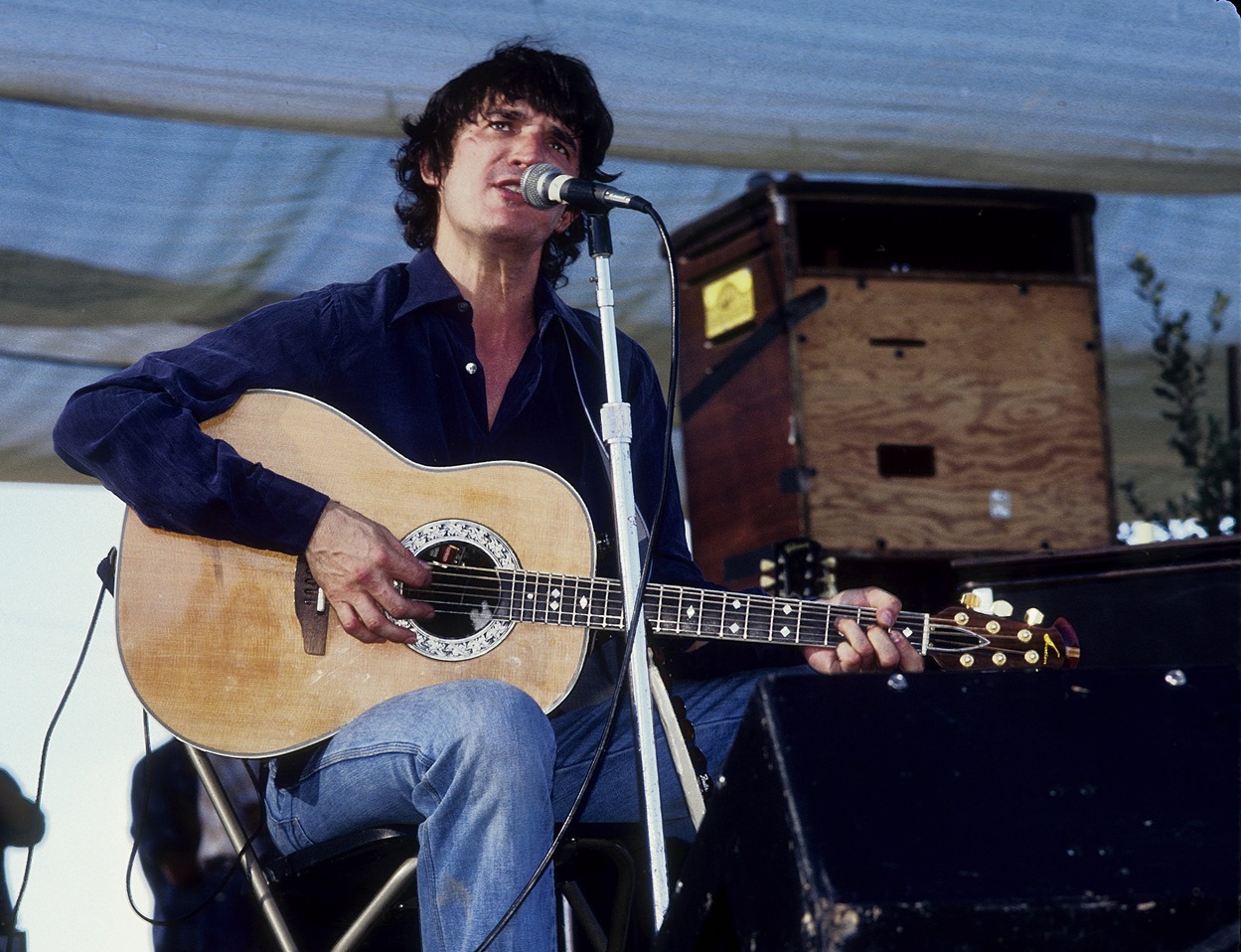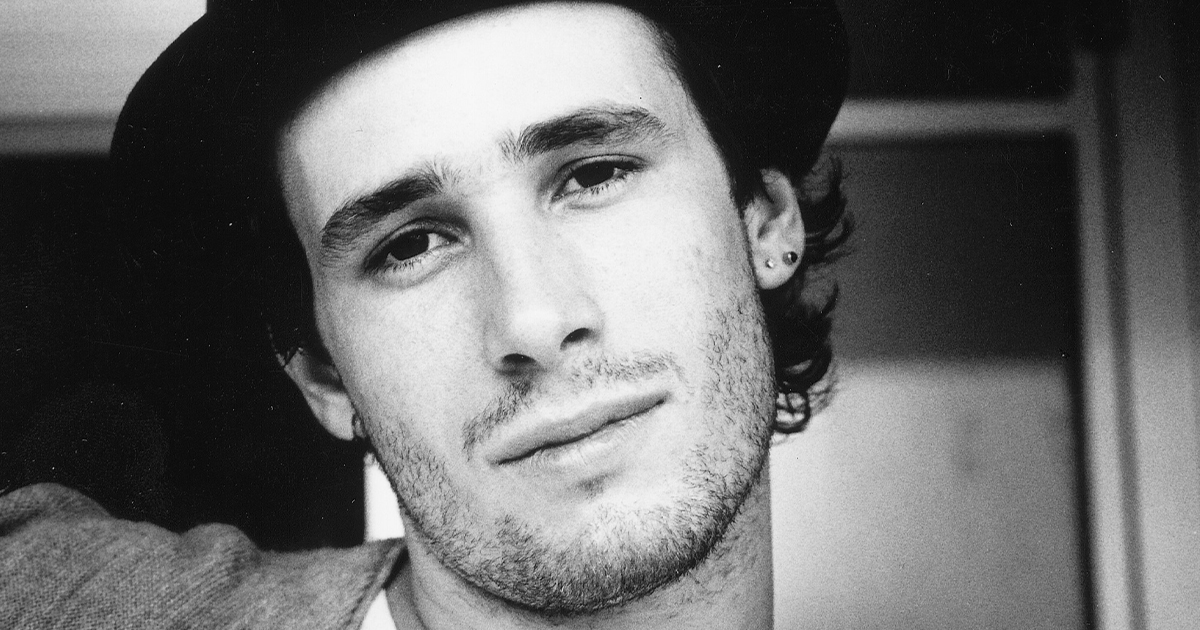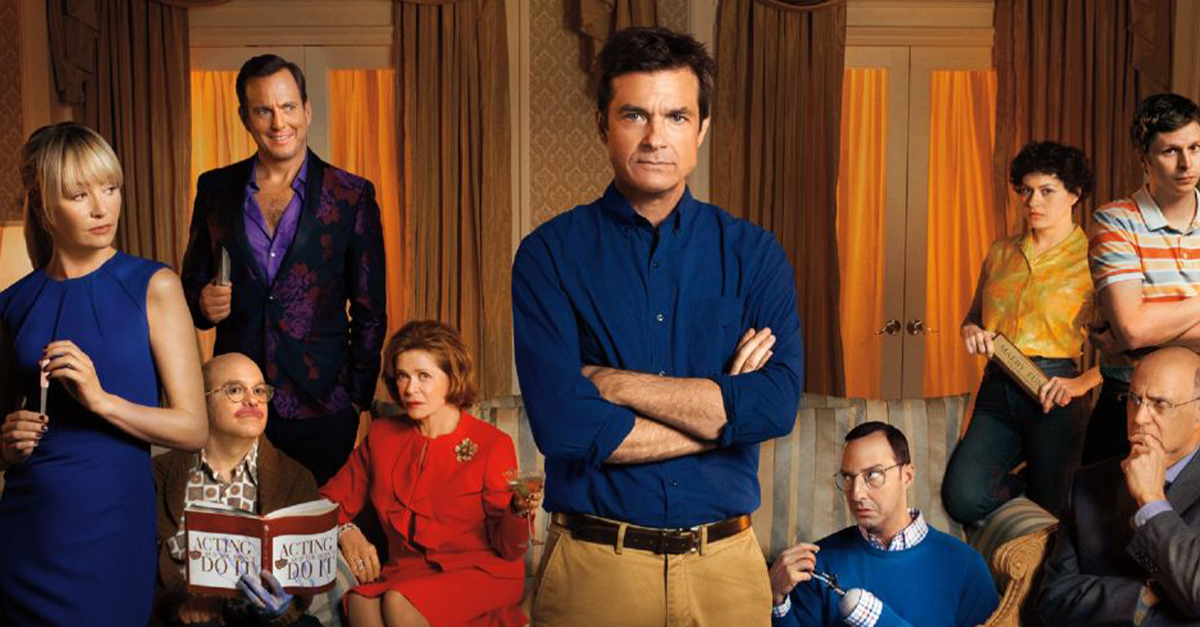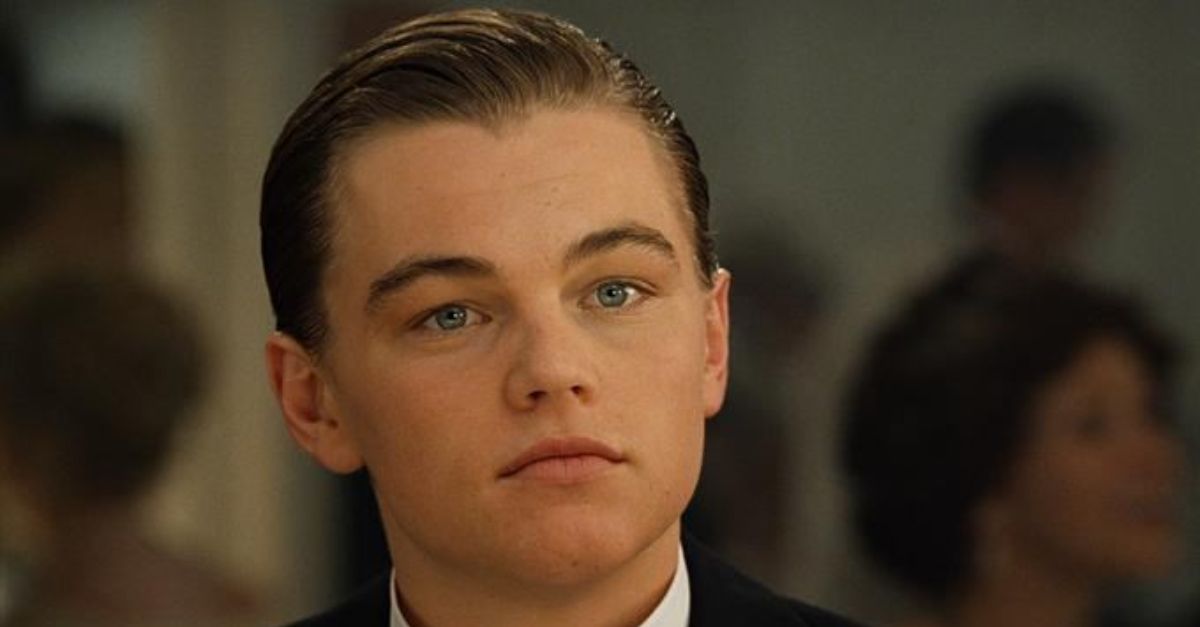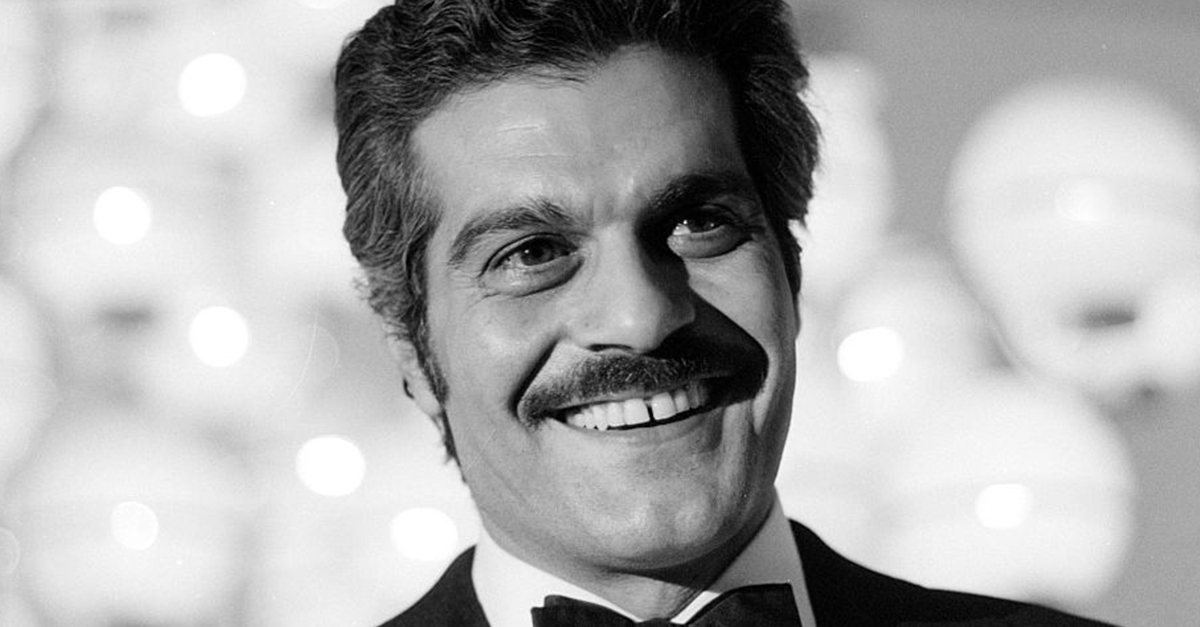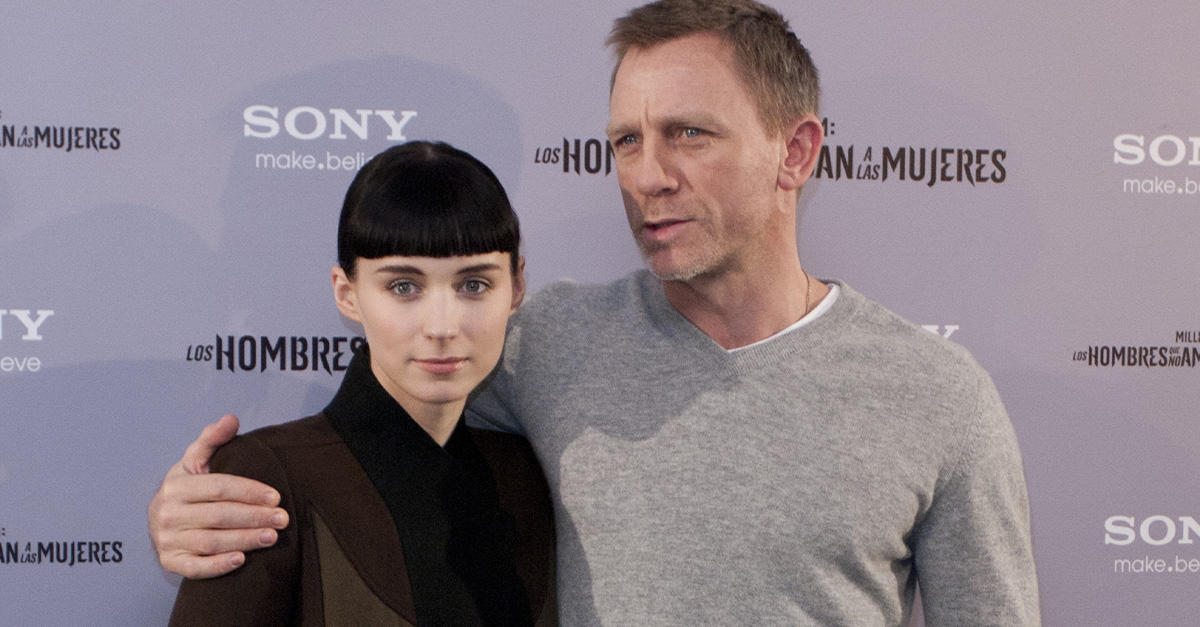He Couldn’t Outrun His Demons
With a voice that could crack you open with its sorrow and soul, Richard Manuel was the heart of the legendary 1960s roots-rock group, The Band. A piano prodigy who could flip from gospel growl to angelic falsetto, he helped craft some of the most iconic sounds in rock history—all while quietly battling demons determined to pull him under.
But even Manuel’s musical gifts and The Band’s brotherhood weren’t enough to stop him from unraveling—and his heartbreaking final act stunned everyone.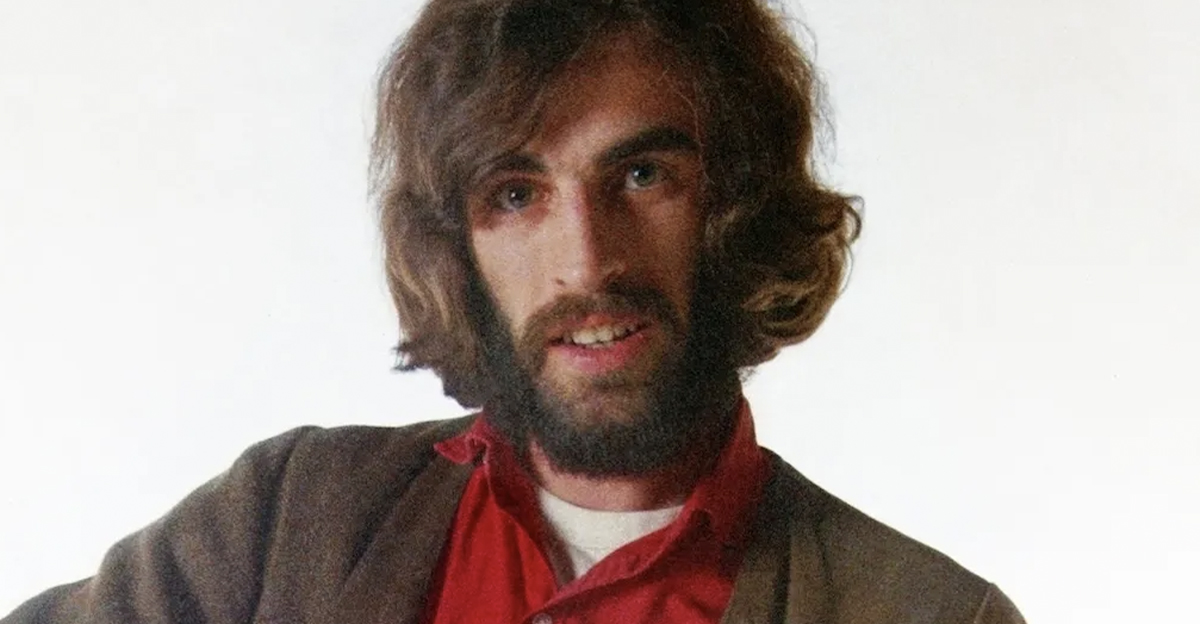
1. He Was Stratford’s First Fallen Star
Before Justin Bieber was even a twinkle in Stratford’s eye, the small Ontario town had already produced a musical prodigy with an incredible voice. Born April 3, 1943, Richard Manuel had it all: talent, charm, and a gift for music that showed up early. But like Bieber, his rise came with a dark side—and behind the piano, Manuel was fighting battles that no amount of fame and fortune could fix.
2. He Wasn’t Like The Other Kids
Sure, Manuel found his voice singing harmonies with his three brothers in church, but when night fell, things got a lot less angelic. While other kids were swooning over Elvis and Jerry Lee Lewis, Manuel was in his bedroom, somehow tuning into a crackly Nashville radio station to absorb the raw grit of Muddy Waters and Howlin’ Wolf.
Unlike the artists he adored, he could play the blues without having lived them—at least for a little while. The troubles? Those would come later.
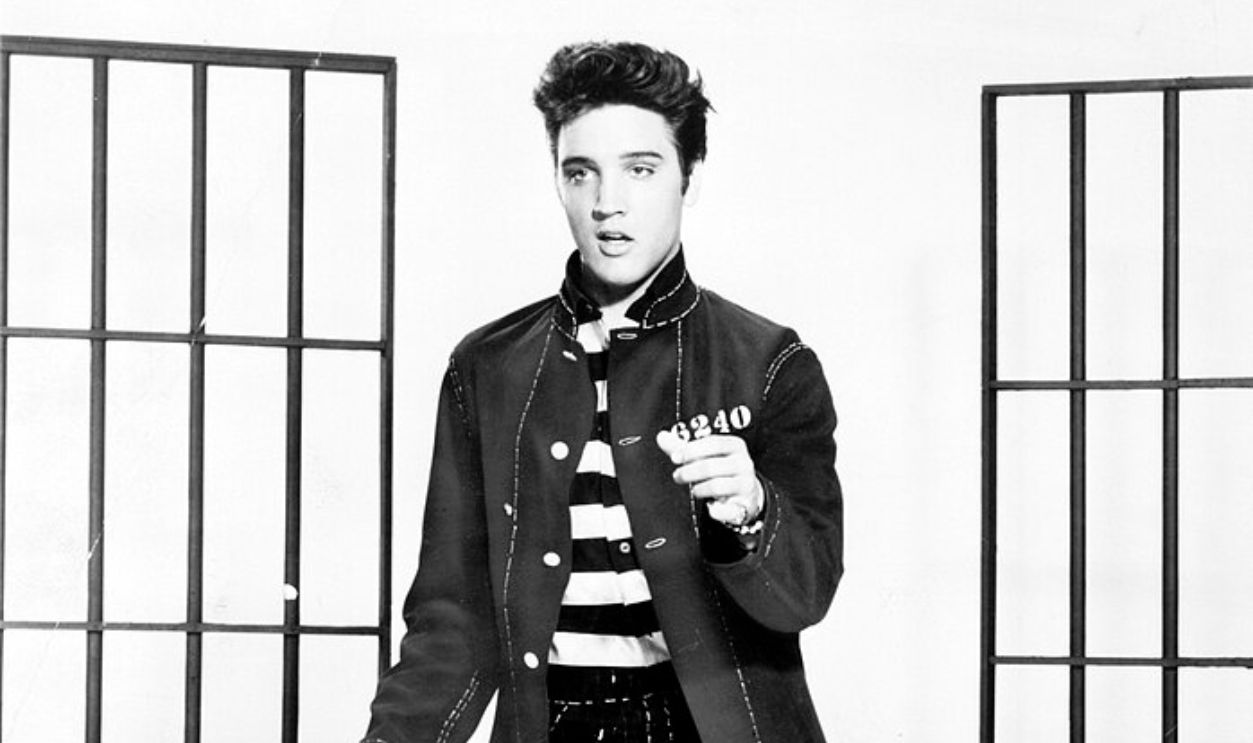 Metro-Goldwyn-Mayer, Inc., Wikimedia Commons
Metro-Goldwyn-Mayer, Inc., Wikimedia Commons
3. He Was A Natural
When Manuel was eight, his piano teacher slammed the lid on his fingers, and he quit on the spot. She was furious that he wouldn’t learn theory, but Manuel didn’t see the point: He could already play perfectly by ear. Years later, his bandmate Levon Helm said it best, “Richard just knew how a song was supposed to go. Structure, melody; he understood it”.
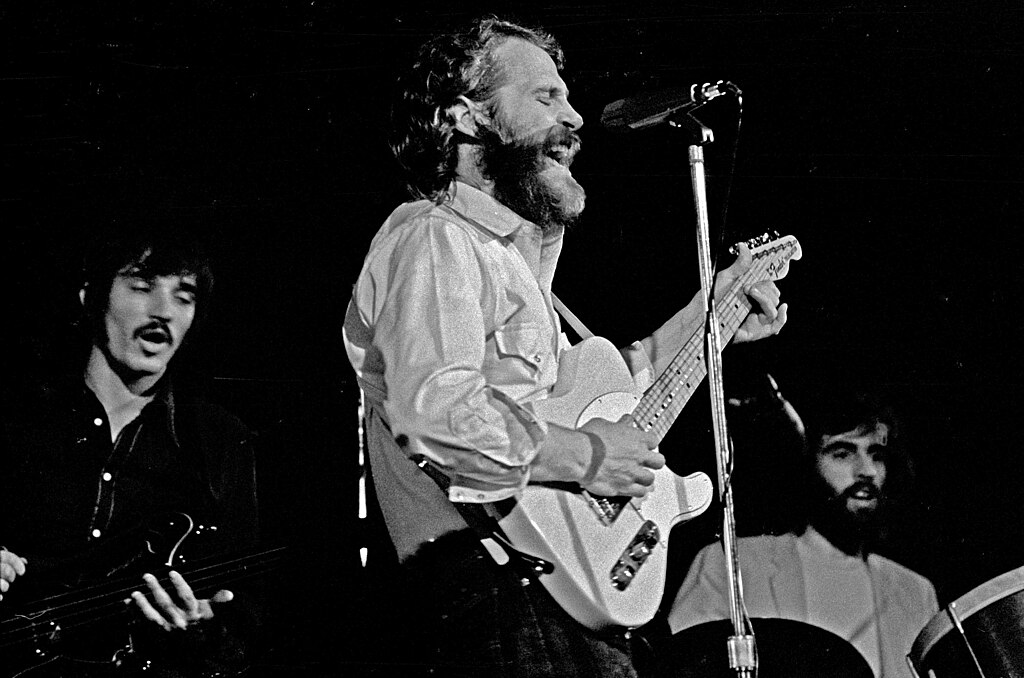 Heinrich Klaffs, CC BY-SA 2.0, Wikimedia Commons
Heinrich Klaffs, CC BY-SA 2.0, Wikimedia Commons
4. He Was A Music Geek
Most kids in Stratford showed up to school with a bag lunch. Manuel showed up with Ray Charles and Otis Rush records that he’d ordered in the mail. At 15, he joined a local band called the Rebels—and by the summer of 1960, one gig in Port Dover (performing now as the Revols) would change everything.
5. He Sang A Song That Changed His Life
What happened next is what every budding musician dreams of: As part of the Revols show, Manuel poured his soul into the Ray Charles song “Georgia on My Mind”—and nailed it. The crowd went wild, and so did hitmaker Ronnie Hawkins. Soon, Hawkins was their manager, and the boys were on their way to Arkansas to play the southern club circuit.
Five teenage Canadians on the loose in the Deep South? What could possibly go wrong?
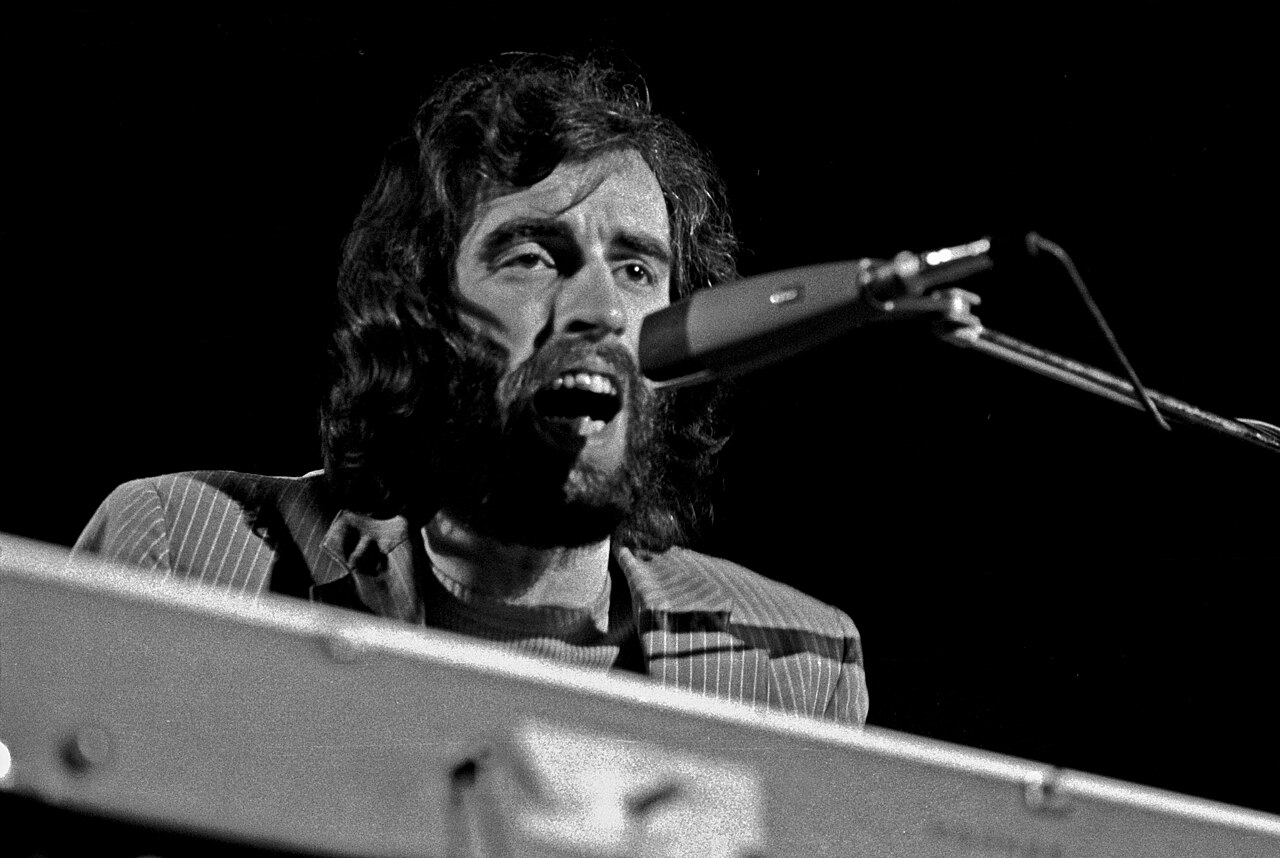 Heinrich Klaffs, CC BY-SA 2.0, Wikimedia Commons
Heinrich Klaffs, CC BY-SA 2.0, Wikimedia Commons
6. His Troublemaking Days Had Only Just Begun
How does the song go? How you gonna keep ’em down on the farm after they’ve seen Arkansas? Not quite, but, boy, did Manuel and the Revols have a wild time. They partied so hard that they nearly demolished the trailer they were living in. Then, one night, they “borrowed” Hawkins’ Cadillac to drive to Memphis—and ended up in deep trouble...
7. His Need For Speed Started Young
Imagine being a highway patrolman and spotting a gleaming Caddy full of wild-eyed teenage Canadians at 3:00 am. Manuel and the Revols were apprehended by the patrolman and locked up in the station. It took most of the day for them to convince the authorities that they hadn’t swiped the car.
Spoiler: This was only the first of Manuel’s many motor vehicle mishaps.
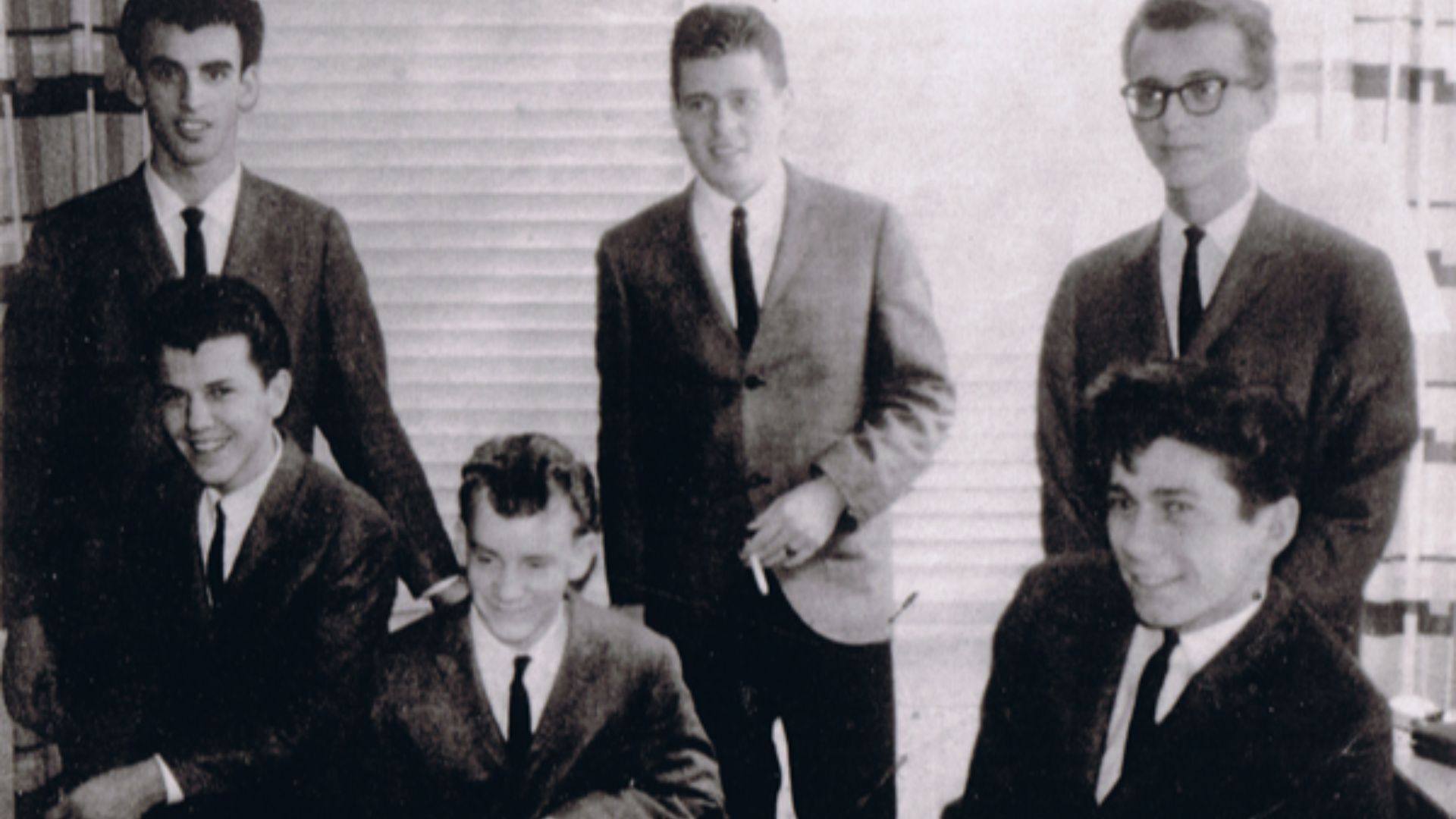 Qwepasdl at English Wikipedia, Wikimedia Commons
Qwepasdl at English Wikipedia, Wikimedia Commons
8. He Said No To A Golden Ticket
Say what you want about Manuel, you can’t call him ambitious. In fact, when Ronnie Hawkins invited Manuel to join his own band, the Hawks, Manuel turned him down. Wait, what? Manuel had made a pact with his Revols bandmate Jimmy Winkler that neither would leave without the other. Thankfully, Winkler told Manuel, “This is your chance. You better take it”.
Richard accepted the offer, grabbed his suitcase, and hopped on a plane to Tulsa.
 Gijsbert Hanekroot, Getty images
Gijsbert Hanekroot, Getty images
9. He Was Unflappable
When Manuel joined the Hawks, he wasn’t a total stranger. Guitarist Robbie Robertson had already met him at a burger stand in Grand Bend, Ontario. Manuel had walked up to Robertson to introduce himself—but before he could say much, one of Robbie’s buddies cracked a joke about Manuel’s big nose. Manuel just grinned and fired back, “Yeah, that’s why they call me Beak".
Robertson remembered him as funny and charming, but something felt off…
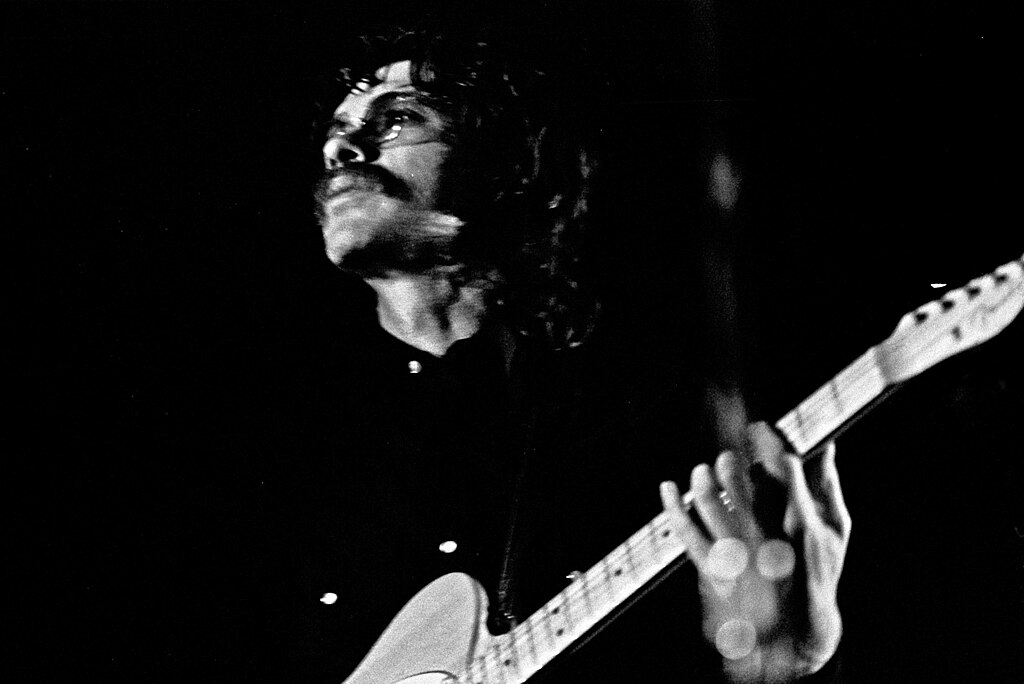 Heinrich Klaffs, CC BY-SA 2.0, Wikimedia Commons
Heinrich Klaffs, CC BY-SA 2.0, Wikimedia Commons
10. He Didn’t Seem Like Trouble—At First
As Robertson watched Manuel wobble off, it hit him—the guy had definitely had a few. He wasn’t belligerent, just a little goofy and clearly buzzed. One of Robertson’s pals muttered, “You’re not old enough to be loaded” as they headed back to their gig.
Robertson couldn’t shake the feeling. At the time, he thought to himself, “I hope this guy doesn’t have a problem”. It wouldn’t be too long before Roberston would discover the truth.
 Capitol Records, Wikimedia Commons
Capitol Records, Wikimedia Commons
11. He Joined Rock’s Toughest Boot Camp
Ronnie Hawkins didn’t settle—he cherry-picked only the best for his band: Robertson on guitar, Helm on drums, Danko on bass, and Hudson and Manuel on keys. They were all teens, except Hudson, the “old man” at 24. Hawkins said that Manuel “had the greatest voice in the world”.
Hawkins ran a tight ship, but about Manuel, he later said, “I guess he must have had a drinking problem then, but he never messed up in performance, and that’s what mattered to me”.
 Gijsbert Hanekroot, Getty images
Gijsbert Hanekroot, Getty images
12. His First Night Was A Trial By Fire
Richard Manuel didn’t ease into The Hawks—Hawkins threw him straight into the deep end. Rick Danko remembered that on night one, a buzzed Hawkins yanked back the curtain, pointed to the crowd, and barked, “Let it ride, son!”
Small detail: Manuel had never played lead piano (only rhythm), but it didn’t matter. The moment he started singing, Danko knew they had something special. Danko called Manuel “a force of nature”—powerful, yes, but also very unpredictable.
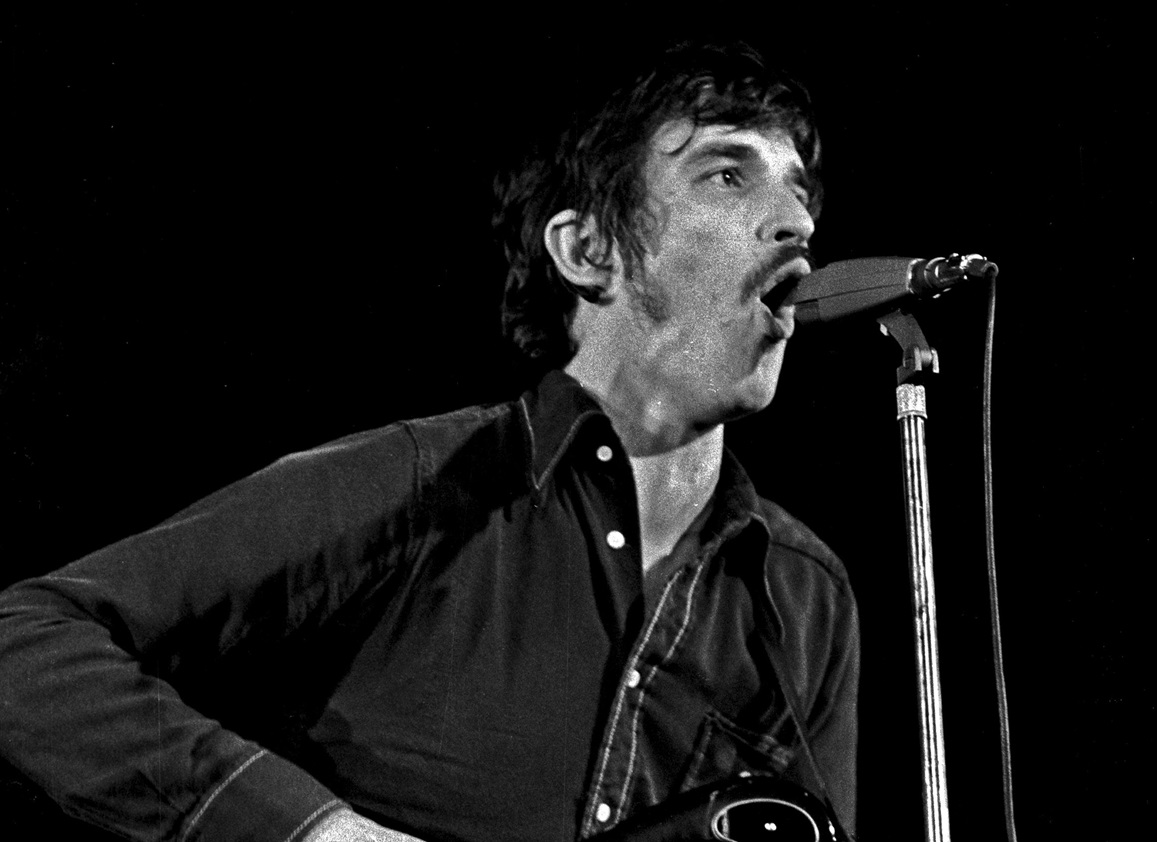 Heinrich Klaffs, CC BY-SA 2.0, Wikimedia Commons
Heinrich Klaffs, CC BY-SA 2.0, Wikimedia Commons
13. He Was A Menace (But The Ladies Loved Him)
It wasn’t too long before The Hawks were firing on all cylinders—especially Manuel. When he sang a ballad, women would melt for him. “Richard always had a lot of girlfriends...” bandmate Levon Helm remembered, “If Rick or I had a pretty girl, Richard might go after her too”. Hawkins bragged, “That Richard is a home wrecker!”
Hawkins even gave him a nickname: “The Gobbler”—“the working girl’s favorite and the housewives’ companion”. IYKYK.
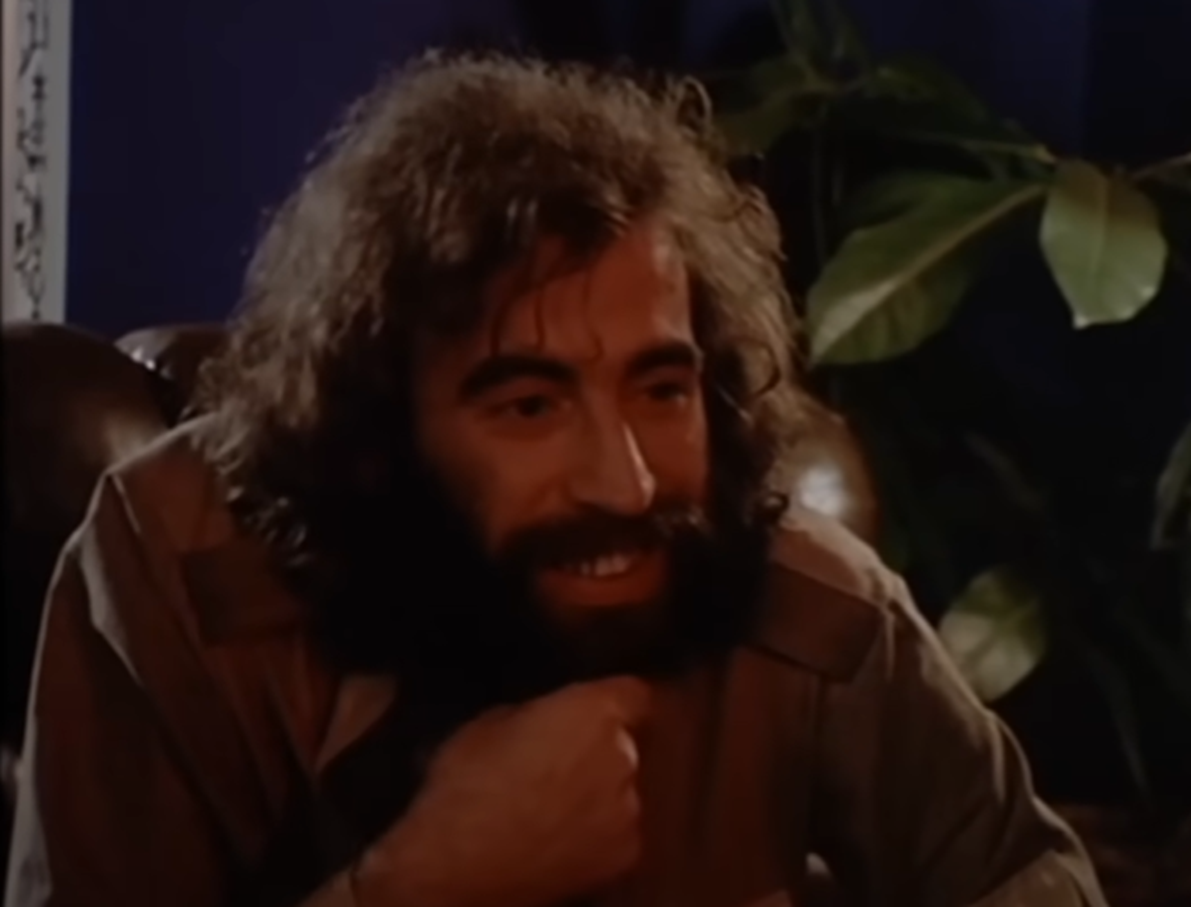 FM Productions, The Last Waltz (1978)
FM Productions, The Last Waltz (1978)
14. He Made A Surprising Offer
Speaking of, ahem, escapades with the ladies…One wild night at Toronto’s Seahorse Motel, groupie Cathy Smith ended up sleeping with bassist Danko—until he found out she wasn’t on the pill and abruptly bailed. Moments later, Helm strolled in and picked up where Danko left off.
Six weeks later, Smith made a shocking discovery: She was pregnant. Helm was the father (she says), but it was Manuel who offered to marry her. After all, he'd also been one of her many lovers. She turned him down, later writing that he was “exactly like his singing voice—sad, sweet, and soulful, a little boy lost”.
15. His Boss Didn’t Mess Around
If the guys thought life in The Hawks meant illicit substances and wild nights—they were in for a rude awakening. Hawkins ran the band like a drill sergeant. He fined members for indulging in substances, banned girlfriends from gigs, and preached discipline and daily practice. Robertson once compared it to boot camp. To top it off, the guys were itching to start creating their own music.
By 1963, the Hawks were ready to leave the nest.
16. He Was A Wild Party
Once the Hawks left Ronnie Hawkins behind, the rules were gone, and for Manuel, that wasn’t necessarily a good thing. He was lovable, funny, and wildly talented, but there was something darker beneath the surface. When he was 17, he confessed that he’d already been drinking for 10 years. Yikes.
Robertson later said, “From a very young age, we understood that Richard had a difficulty with [booze] and addiction”. But as we'll see, he had even further to fall.
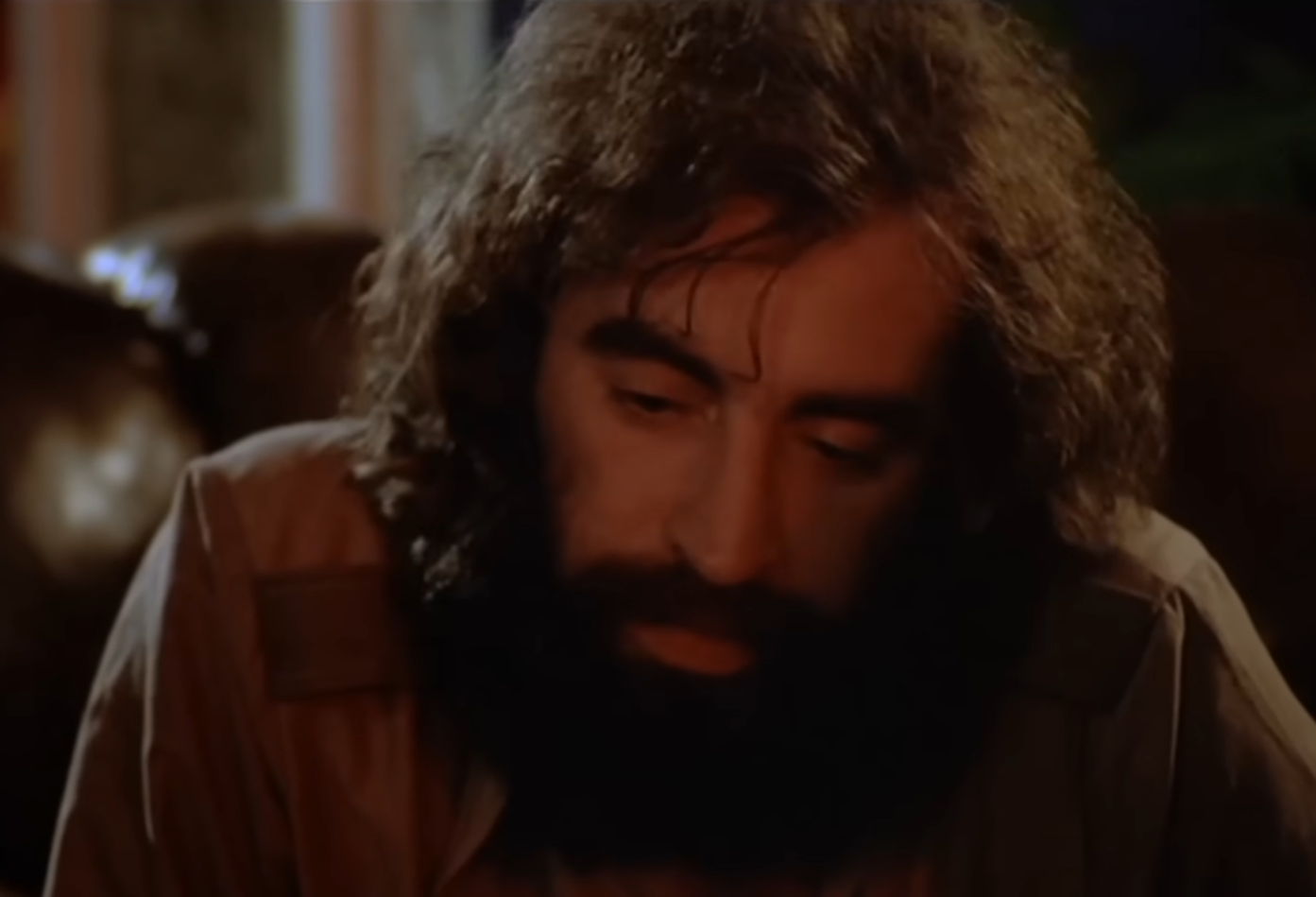 FM Productions, The Last Waltz (1978)
FM Productions, The Last Waltz (1978)
17. He Met His Match
Yes, Manuel loved the ladies, but one in particular caught his eye: a 19-year-old model named Jane Kristianson. She’d made a splash in a “Girls of Toronto” spread in a men’s magazine and, strangely, she was the only one photographed fully clothed. One night, she and a fellow model walked into Friar’s Tavern (despite being underage) to check out a buzzy new band…and everything changed.
 A Vocal Timeline of The Band's Richard Manuel (Moises.AI), Richiebeans
A Vocal Timeline of The Band's Richard Manuel (Moises.AI), Richiebeans
18. He Wasn’t Like The Others
One moment, Jane was watching the Hawks play. Next, they were sitting at her table, cracking jokes and putting on the charm. Manuel was the ringleader, clearly trying to win her over. Later, when the group headed to another club, the bouncer stopped Jane at the door. He recognized her from a teen model article and wouldn’t let her in. The others shrugged and went inside. But Richard didn’t follow them…
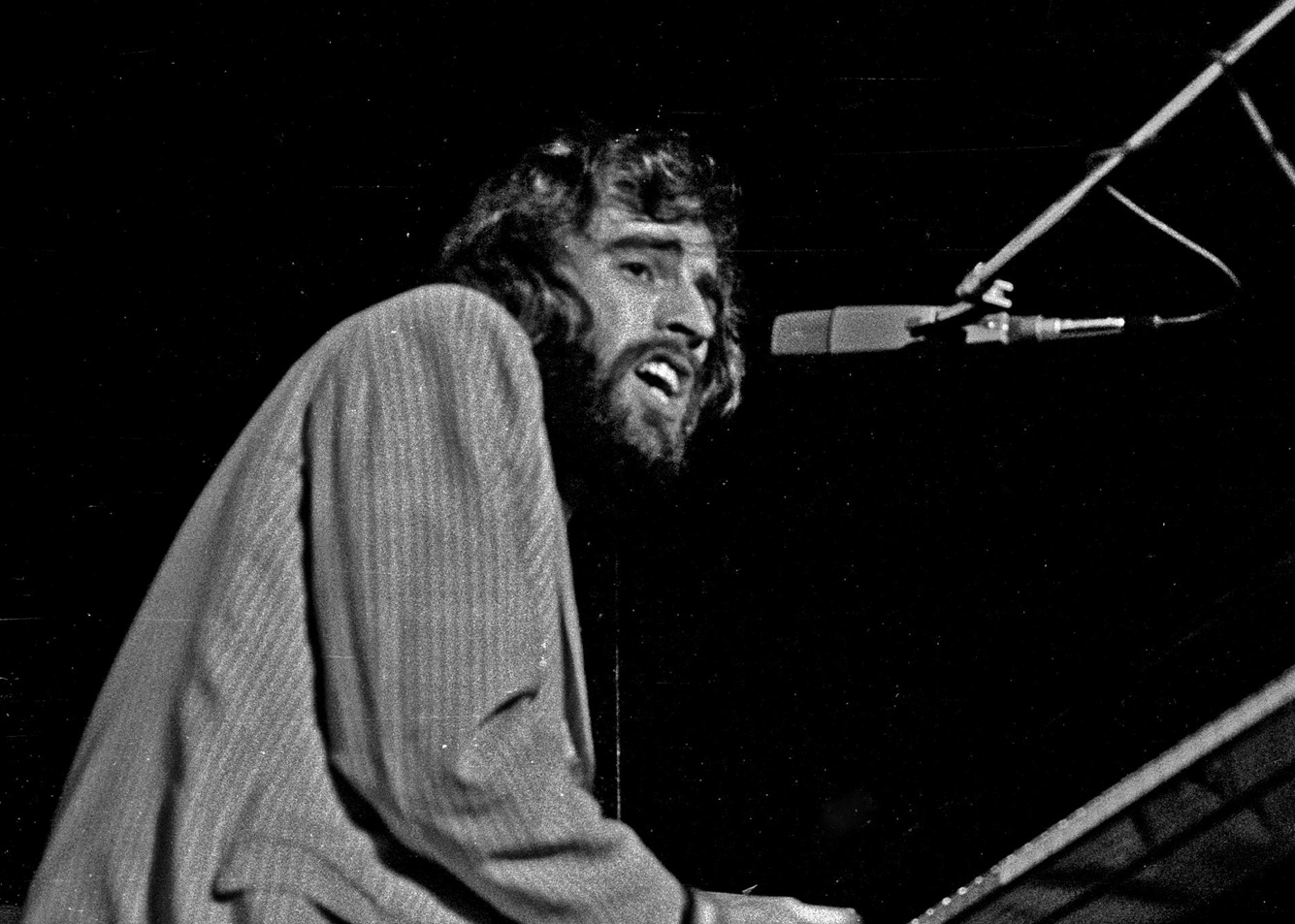 Heinrich Klaffs, CC BY-SA 2.0, Wikimedia Commons
Heinrich Klaffs, CC BY-SA 2.0, Wikimedia Commons
19. He Bared His Soul
Ever the gentleman, Manuel offered to take Jane out for coffee. What followed played like the sweetest scene in a rom-com. She described him as funny, gentle, and deeply kind. But somewhere between the jokes and sugar packets, things turned serious. Richard began to open up—about his childhood, his family, and the aggressive father he rarely spoke about.
It was more than a date. It was the start of something real.
20. He Was Given The Opportunity Of A Lifetime
It wasn’t just Manuel’s love life that was heating up—his music career was about to catch fire. Word had spread that The Hawks had gone solo, and one of the biggest names in the business came calling: Bob Dylan. Dylan was done with the folk scene and ready to go electric. He needed a band that could handle the switch—and he wanted the best.
Yes, Manuel and the guys would still be a backing band, but they’d be Dylan’s backing band. Everyone was thrilled…well, everyone except Dylan’s fans.
21. He Faced Bitter Backlash
When Dylan hit the stage with Manuel and the guys, fans were expecting folk tunes—not roaring guitars and pounding drums. The crowd booed, heckled, and even hurled stuff at the stage. The pressure was so intense that Levon Helm quit the tour. But the others played through the chaos, growing tighter with each show. Can you say trauma bond?
As if the bad vibes and boos weren’t enough, a simple twist of fate was about to launch the group to a whole new level.
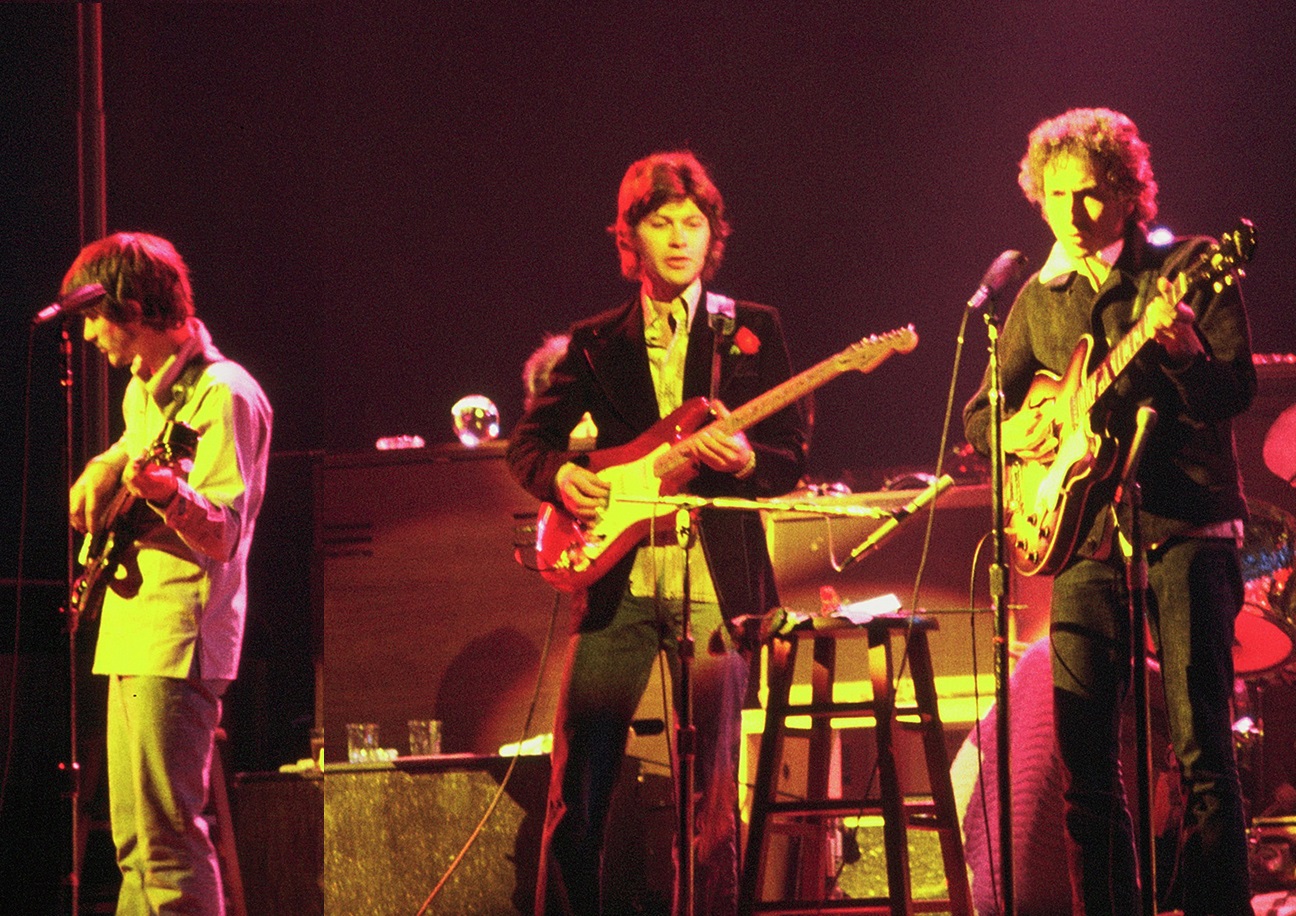 Jim Summaria, CC BY-SA 3.0, Wikimedia Commons
Jim Summaria, CC BY-SA 3.0, Wikimedia Commons
22. He Could Not See This Coming
No one would wish Dylan harm (well, maybe some folks at his ’66 shows), but his motorcycle accident turned out to be weirdly lucky—both for Dylan and the group. While he was recovering in Woodstock, New York, Manuel and the group moved there, too. They moved into a funny-looking, pink-siding-clad house, and that’s where the real magic started to happen.
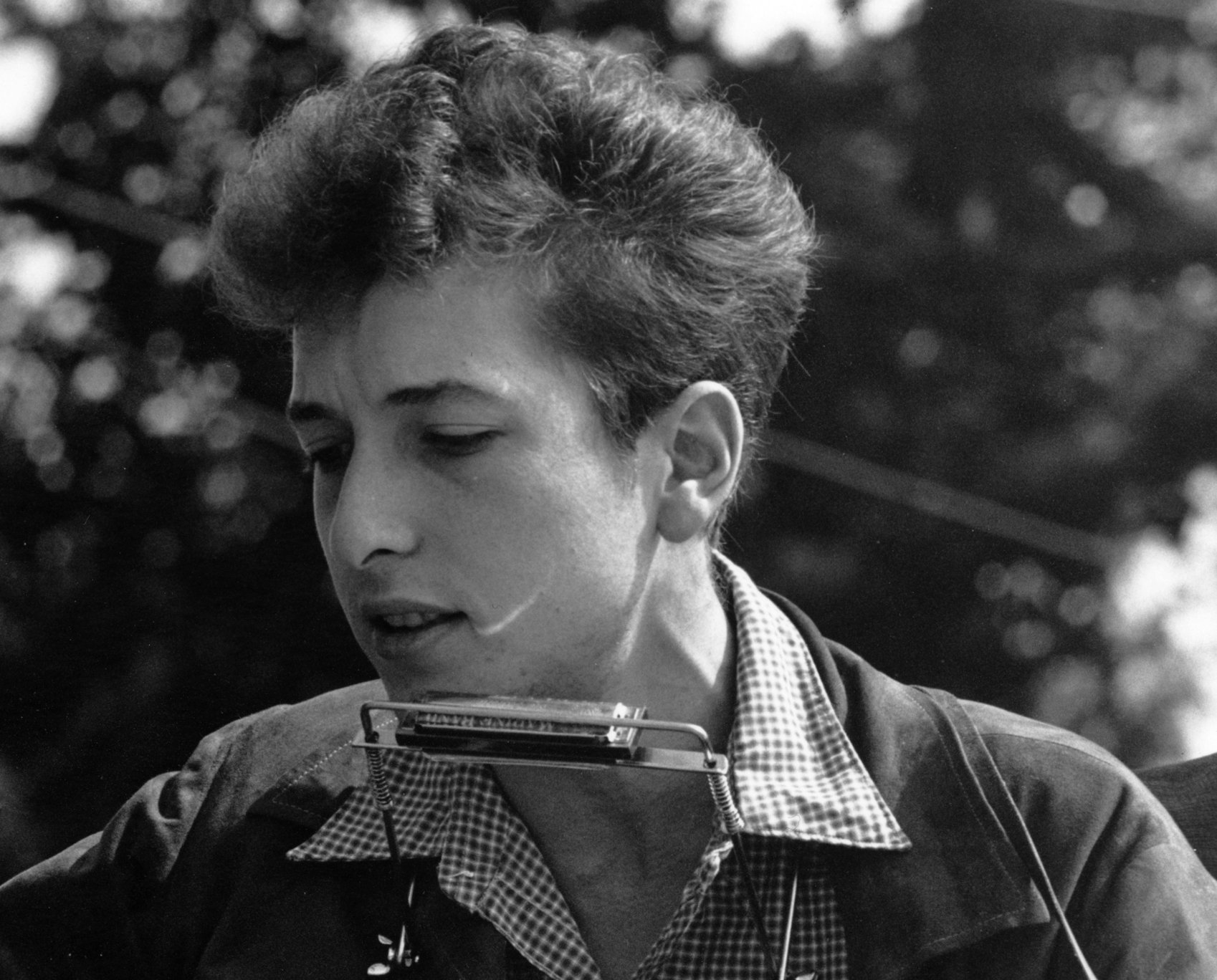 Rowland Scherman, Wikimedia Commons
Rowland Scherman, Wikimedia Commons
23. He Found The Secret Formula
Want the recipe for a musical revolution? Tuck a group of insanely talented weirdos in a house in the woods, fuel them with BBQ, booze, and Bob Dylan’s money (yep, he kept them on retainer), and let them loose. No producers. No deadlines. Just pure backwoods alchemy: soul, country, gospel, R&B, rock, and rockabilly all colluding.
The result? A debut album called Music From Big Pink, which contained what would become their biggest hit, “The Weight”. It was the moment they stopped being a band—and became The Band.
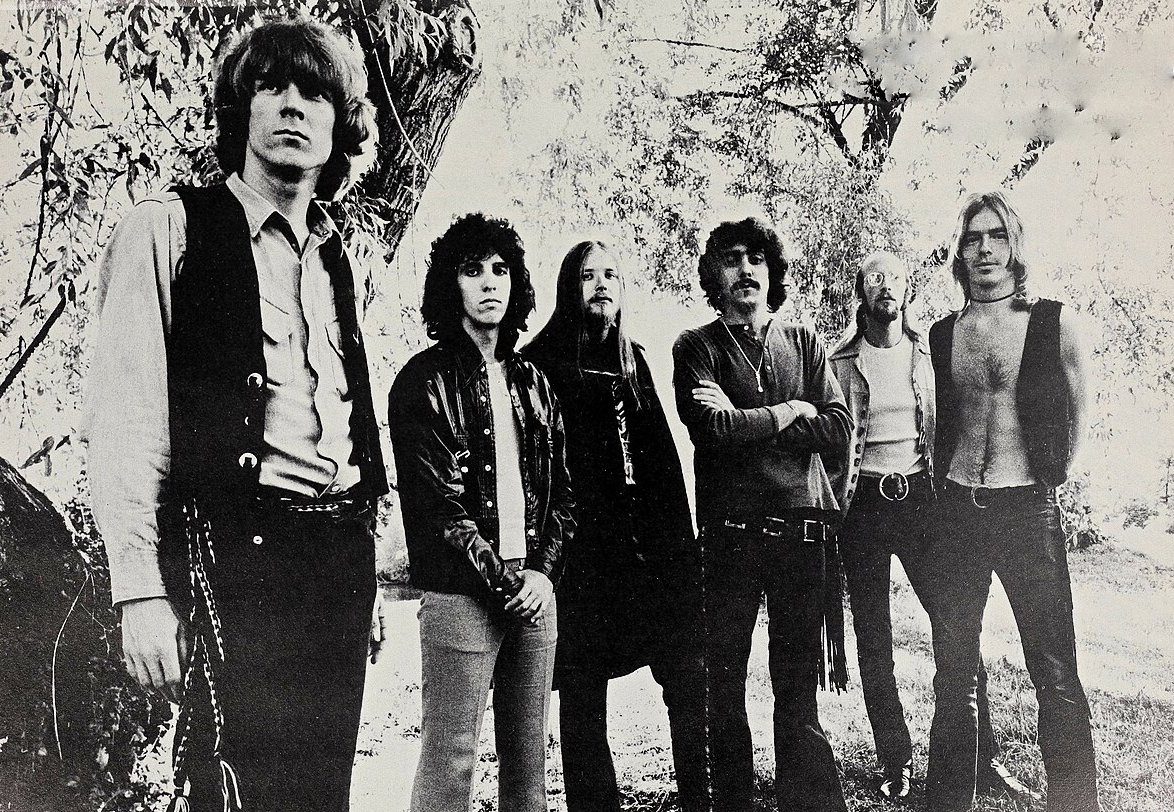 Atco / Atlantic, Wikimedia Commons
Atco / Atlantic, Wikimedia Commons
24. He Was No Chicken
Just to be clear, The Band weren’t grinding so hard in Woodstock that they forgot to let off steam. For Manuel and bandmate Levon Helm, that meant renting cars and playing high-speed chicken in the field beside Big Pink. Full throttle, opposite directions, cut the wheel at the last second. What could possibly go wrong? Answer: Everything.
25. He Was A Disaster Magnet
After one of their chicken sessions, Manuel and Helm took separate cars to a late-night diner (because apparently that’s what legends do). Afterward, they were “feeling no pain” and on the drive back, disaster struck when Manuel misjudged a rain-slicked curve, launching his car into a ditch.
As authorities tended to the scene, Helm, who was several minutes behind, came whipping around the corner at top speed...
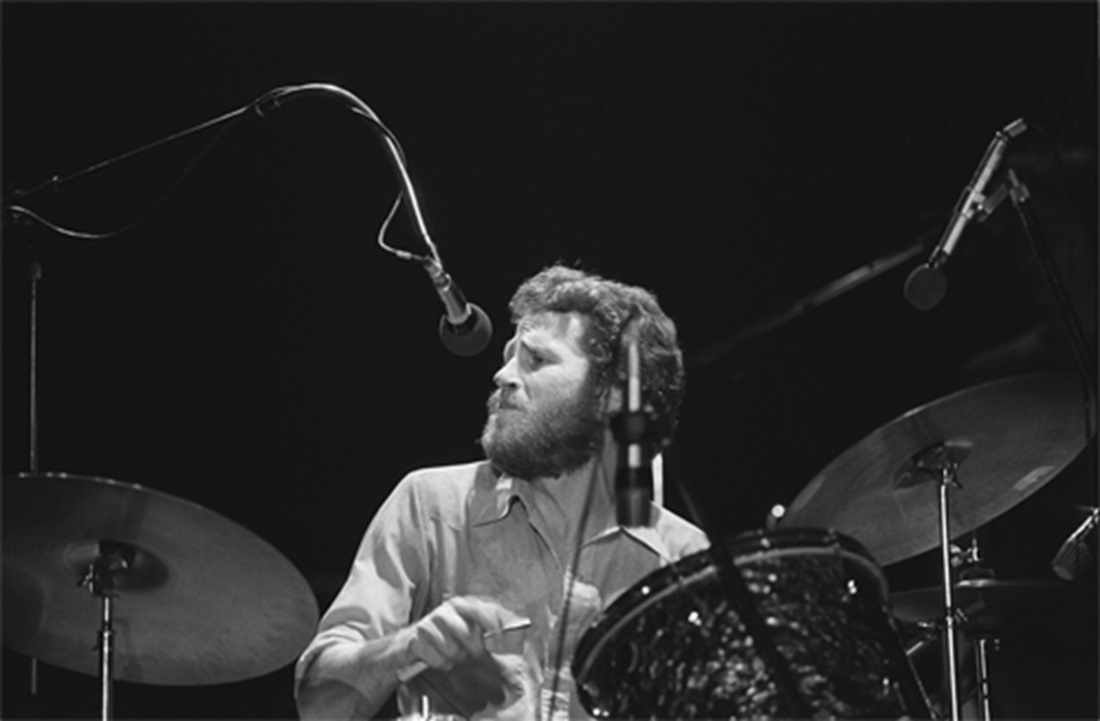 David Gans, CC BY-SA 2.0, Wikimedia Commons
David Gans, CC BY-SA 2.0, Wikimedia Commons
26. He Was Only Getting Warmed Up
Helm came flying around the corner and, through his haze, realized he was going to plow into everyone. An officer screamed out, “He’s going to kill us all!” Helm did some intense maneuvering, but still clipped a cruiser, ripping the door clean off. He spun out and ended up in the middle of the road. Manuel? Totally fine.
As Helm later said, “It was a tendency of [Manuel’s] to walk away from car wrecks, which was good because he had a lot of them”.
Narrator: Manuel was so accident-prone, one had to wonder just how deep his self-destructive streak went.
 Gijsbert Hanekroot, Getty images
Gijsbert Hanekroot, Getty images
27. He Was Chosen
If only the walls of Big Pink could talk. One day, Bob Dylan came down to the basement, handed Manuel a sheet with lyrics on it, and said, “Have you got any music for this?” No pressure, right? The result was “Tears of Rage”—the haunting opener to Music from Big Pink. Manuel’s pain-soaked voice carried the line “life is brief” with such aching truth, it now feels almost prophetic.
28. He Didn’t Fit The Mold
Music from Big Pink didn’t exactly set the world on fire—at first. At the time, groups were rocking names like Strawberry Alarm Clock and were wearing day-glo paisley. The Band? They showed up dressed like turn-of-the-century farmers (or Mumford & Sons) and sounded like a gospel revival crashing into a roadhouse. It was different, raw, and definitely far out.
Slowly, though, the world started to catch on. With some money finally coming in, Manuel started making big plans.
 Gijsbert Hanekroot, Getty images
Gijsbert Hanekroot, Getty images
29. He Knew How To Make A Move
There's no denying that Manuel had game. By 1968, The Band was dodging fame and skipping tours to protect their creative freedom, but Manuel had planned a detour of his own. After losing his licence for speeding (shocking no one), he called his ex-girlfriend, Jane the model, and asked for a lift to a family wedding. His real plan? Pop the question on the drive.
And whattdaya know, it worked! They married the next weekend—and Manuel gleefully referred to the whole thing as a successful “manipulation”.
 Gijsbert Hanekroot, Getty images
Gijsbert Hanekroot, Getty images
30. He Turned Up The Heat
No, Manuel was not in a throuple—but, yes, he and his new wife shared a Woodstock house with bandmate Garth Hudson. Perched above the Ashokan Reservoir, it had sweeping views and a living room that doubled as The Band’s rehearsal space/party zone.
As head-over-heels as Manuel was, the real fireworks came one night when his accident-prone alter ego took over.
 Daniel Case, Wikimedia Commons
Daniel Case, Wikimedia Commons
31. He Cooked Up A Disaster
As the story goes, a long day in the fresh air had given everyone the munchies, so Manuel tried to fire up the backyard grill…with gasoline. He used so much fuel, it basically exploded—giving him third-degree burns on his foot. Ouch. Just as The Band’s career was heating up, Manuel spent the next two months sidelined.
32. He Had Famous Friends—And They Took Notes
In 1968, George Harrison visited The Band in Woodstock—and it blew his mind. Compared to the Beatles’ rising egos and chaos, The Band felt like a musical utopia: no pecking order, no drama, just raw talent and deep respect. “Artistically, I respect The Band enormously," Harrison said later, “All the different guys in the group sang..."
High praise, indeed. However, the calm that impressed Harrison wouldn’t last.
33. He Helped Inspire A Beatle’s Breakout
Not too long after jamming with Manuel and The Band, Harrison released the solo album All Things Must Pass, which he said was influenced by The Band. Take one look at the cover and you can see The Band’s influence. Ironically, while The Band was inspiring unity and endurance, their own all-for-one, one-for-all spirit was quietly beginning to crack.
34. He Was In For A Shock
By the time The Band’s self-titled second album came out, Manuel had earned his place as one of the group’s creative forces. Drummer Helm had assumed that the songwriting credits—and the money that came with them—would finally reflect that. But when the record came out? Manuel’s name appeared on just three tracks. Levon got half credit on one. Garth and Rick got nothing. Robbie Robertson? All 12.
Something didn’t smell right.
 Gijsbert Hanekroot, Getty images
Gijsbert Hanekroot, Getty images
35. He Watched The Brotherhood Start To Crack
Levon called it what it was: "divide and conquer". Whether it was ego, management, or manipulation, the damage was done. The Band’s famously democratic spirit—the same thing that had stunned Harrison—was starting to erode. Manuel, the sensitive heart of the group, took it hard.
As Levon later said, “So that’s when that great sense of teamwork stopped. Who wanted to pour out their souls and not get credit?” Richard eventually stopped writing altogether—and started filling the time with more dangerous pastimes.
36. He Wore Golden Handcuffs
The Band was cracking on the inside—but from the outside? They looked unstoppable. The money was flowing, the critics (and groupies) were swooning, and legends like Joan Baez and Cass Elliot were covering Manuel’s songs.
Despite the rising tension, they kept touring and recording—trying to drown their disillusionment in applause, substances, and just enough denial to keep going.
37. He Lived Like A King, But…
As The Band entered the 1970s, they were riding high: limos, private jets, and tons of white powder (with big paychecks to pay for it). But the excess didn’t fix the fractures—it deepened them. Robbie Robertson would later call this stretch in The Band’s history “The Darkness”—a time of addiction, exhaustion, and control struggles.
Emotional burnout crept in like smoke, and for the ultra-sensitive, already fragile Manuel, it marked the beginning of a devastating decline.
38. He Blamed Himself
Manuel was stuck. By 1973, he was in rough shape, personally and creatively. He told friends that he knew he was too trashed to work and that he was holding up The Band, but he felt helpless. His wife Jane had left him temporarily, and a friend was living in his house to try to keep the dealers at bay. Even Dylan came to check in on him, but refused to step inside because the house was full of dog poop.
Manuel didn’t just need rehab. He needed saving.
 Michael Ochs Archives, Getty images
Michael Ochs Archives, Getty images
39. He Hadn’t Lost All Of His Brain Cells
By 1974, Manuel’s body and spirit were barely holding on. A few days after collapsing at a Cleveland show, he had a quiet moment with Robertson. Manuel apologized for his longtime writer’s block and added something that clearly still haunted him: “The plan in the beginning was that we would all write. That’s why you insisted we share the publishing equally”.
According to Levon Helm, Manuel’s writer’s block wasn’t burnout—it started the day Robertson claimed credit for all 12 tracks on their second album.
40. He Took The Stage (But Barely)
Robertson had reached his limit. He feared Manuel and the rest of The Band were heading toward an early grave. To close the book, he planned The Last Waltz, a star-studded farewell concert movie directed by Martin Scorsese. But the cameras barely caught Manuel at all. He looked distant and missed a vocal cue on the night’s finale.
The show was meant to celebrate The Band’s legacy, but for Richard, it felt more like an exit he didn’t choose.
41. He Couldn’t Fall Much Further
Post-Last Waltz, everyone scattered. Richard lost Jane (for good this time), and his already low self-esteem sank lower. He refused to leave the Malibu bungalow owned by the record company, so they shut off the gas. That didn’t stop him. He cooked steaks on an upside-down clothes iron. When they finally evicted him, they found something utterly disturbing: 2,000 empty bottles. Yikes.
It was rock bottom, but somehow he wasn’t done falling.
 Michael Ochs Archives, Getty images
Michael Ochs Archives, Getty images
42. He Tried To Hold On
In a surprise to many, Manuel lived to see a new decade. In the early 80s, he even felt a spark of inspiration. So they reformed The Band—without Robertson. Richard even quit drinking for a while, married a Toronto girl named Arlie Litvak, and started to believe things might turn around.
Too bad the road ahead would be darker than anyone dared admit.
 Michael Ochs Archives, Getty images
Michael Ochs Archives, Getty images
43. He Couldn’t Get No Respect
In hindsight, it’s chilling—not funny—that The Band called their comeback the “Death Tour”. Gone were the private jets and stadium crowds. Now it was endless miles between tiny small-town clubs and fading applause. Manuel came to the startling realization: They weren’t legends anymore. They were a nostalgia act.
“...do you realize we have become these songs?” he told Levon one night—and he didn’t mean it kindly.
 Richard E. Aaron, Getty images
Richard E. Aaron, Getty images
44. He Was In A Dark Place
Manuel once said, “I was a party”. But by the mid-80s, the party was long over—even though he was back on the booze, hard. It was no fun playing small lounges with bad gear while praying his substance-wrecked voice could survive the set. Once a prodigy with limitless promise, he was now cycling through oldies in far humbler venues—and it was really getting to him.
 Capitol Records, Wikimedia Commons
Capitol Records, Wikimedia Commons
45. He Said Thank You Like It Was Goodbye
It’s a long way from London’s Wembley Stadium to the Cheek to Cheek Lounge in the Orlando suburbs—and it’s not exactly a lateral move. After the show on March 3, 1986, Manuel approached bandmate Garth Hudson and quietly thanked him for 25 years of music. Hudson didn’t think too much of it—he was busy packing up gear.
Later that night, Manuel and Helm met up at the Quality Inn where they were staying. Manuel complained about the lack of respect and said he felt like he was "slipping". No one realized how far he’d already gone.
46. He Said He’d Be Right Back
The smallest moments can haunt you forever. In the early hours of March 4, 1986, Helm tried to put Manuel’s glum mood into perspective as they watched a movie. The conversation lightened up, and then Manuel casually said he was going back to his room for a minute. It was the last time Helm ever saw him alive.
Without a room key, Manuel roused his wife Arlie to get back into his room. She later admitted that he seemed disgruntled. But when he settled in next to her, she drifted off to sleep. When morning came, Arlie realized Manuel wasn’t beside her anymore.
47. He Had Enough
Manuel’s absence wasn’t that big of a deal for Arlie—yet. She just thought he was on the tour bus and went about her morning calmly, even grabbing some coffee and desserts. But when she got back and stepped into the hotel room bathroom, her world shattered. There, hanging from the shower curtain rod, was Manuel’s lifeless body. Her screams echoed through the hotel as she bolted to find the other band members.
When Helm ran into Manuel’s bathroom and saw the horrific scene, he went into shock.
48. He Was Gone
No one should ever have to witness such horror. Helm and Danko gently lifted him down and tried to revive him—but it was too late. Manuel was just 42. As Helm later wrote, “Richard had flirted...with the Reaper a few times before, and every time God threw him back to us. This time he decided to keep Richard Manuel for himself”.
49. His Funeral Left No One Dry-Eyed
At Manuel’s memorial service, Robbie Robertson was a no-show, but bassist Rick Danko made up for it by singing one of Manuel’s most famed songs, “I Shall Be Released,” in tribute. As Danko asked the mourners to join in, they did—through tears. The room was full of artists, friends, and family, but nothing could fill the void Manuel had left behind.
50. He Got One Last Standing Ovation
What broke Manuel wasn’t just addiction. It was knowing he’d once had the world in his hands—and somehow let it slip away. He didn’t live to see The Band’s 1994 Rock and Roll Hall of Fame induction, but his presence was undeniable. Fans still describe his falsetto as a soul-punch. When he sang, you felt it. As Helm said, “Richard could hurt you with that voice of his”.
 Michael Ochs Archives, Getty images
Michael Ochs Archives, Getty images
You May Also Like:
Why Nico Always Sang Like The World Was Ending
Prince Played By His Own Rules—And Won

